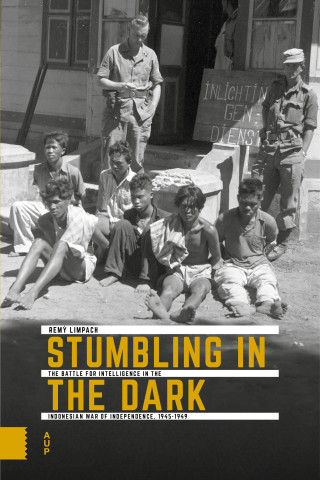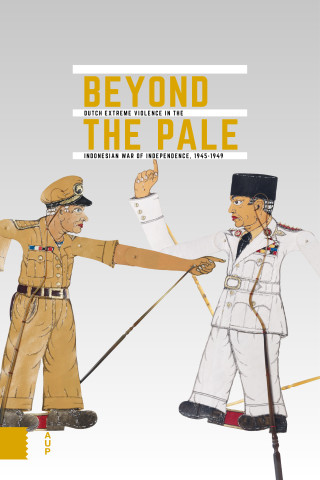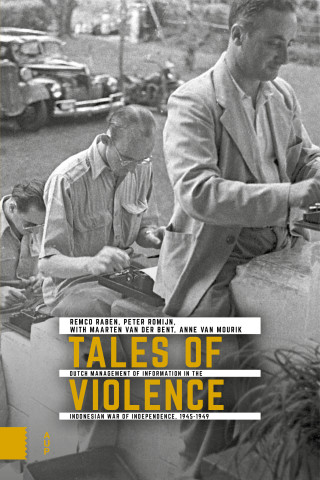Foreword
1 The colonial state: violence and modernity, resistance and repression, 1900–1941
2 The Japanese occupation: hope, exploitation and mobilisation, 1942–1945
3 The proclamation, May–September 1945
4 Local revolutions: bersiap and daulat, October 1945 to mid-1946
5 The Dutch reoccupation and decolonisation, 1945–1946
6 The Persatuan Perdjuangan, October 1945 to May 1946
7 The army, June–July 1946
8 Diplomacy and warfare, August 1946 to January 1948
9 Federalism, 1947–1948
10 Civil war, February–November 1948
11 The second attack on the Republic, October 1948 to January 1949
12 Violence, diplomacy and independence, 1949
13 Unity, 1950
Epilogue
Biographical sketches of some of the main characters
List of illustration
Bibliography
Index





